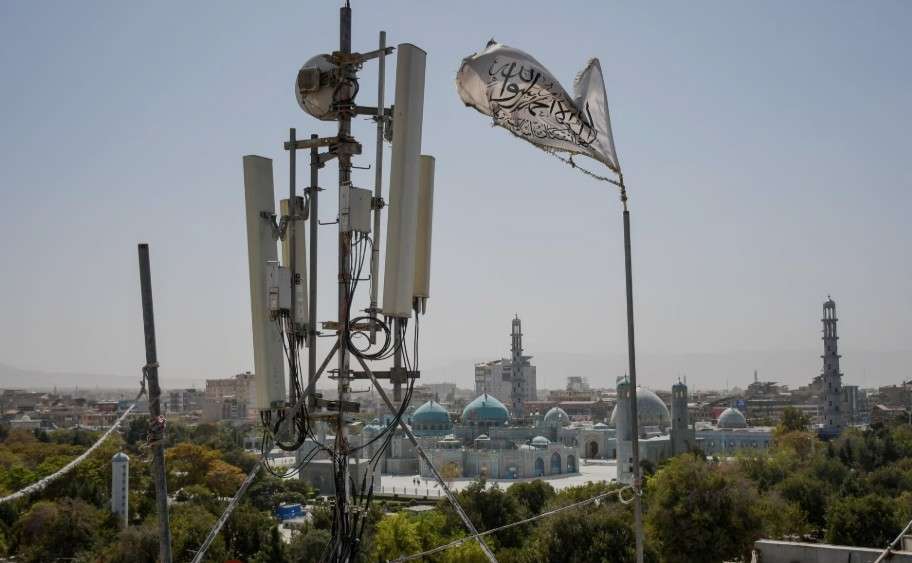Taliban says reports of internet ban in Afghanistan are untrue

The Taliban government on October 1st denied claims of a national internet ban in Afghanistan, attributing the widespread disruptions to deteriorating fiber optic cables that are reportedly being replaced, according to The New Arab via the Associated Press.
Although the authorities rejected reports that Taliban Leader Hibatullah Akhundzada issued a directive to shut down connectivity, several provinces reported interruptions in service. The internet outages affected banking, aviation, and commerce.
Aid personnel warned that these outages complicate aid delivery. Save the Children stated that “reliable communications are essential for delivering assistance and coordinating with partners,” underscoring the need for restored connectivity.

On September 12th, the United Nations Refugee Agency (UNHCR) announced the closure of eight aid centres that support Afghan returnees after the Taliban prohibited female staff from entering the facilities.
UNHCR representative Arafat Jamal explained that the decision “demonstrates that we cannot operate fully without female staff in certain circumstances.” These closures coincided with Pakistan facilitating the repatriation of Afghan refugees, leaving many without access to financial or social support.
International scrutiny of Taliban leadership has also intensified. On January 23rd, International Criminal Court (ICC) chief prosecutor Karim Khan requested arrest warrants for Taliban Supreme Leader Hibatullah Akhundzada and Chief Justice Abdul Hakim Haqqani in relation to the persecution of women.
The Taliban dismissed the ICC action as “politically motivated.” Supporters staged a rally in Ghazni city on January 26th to protest the warrants.
The combination of internet outages, restricted aid access, and international legal scrutiny highlights the operational and regulatory environment in Afghanistan under the Taliban. While officials cite technical challenges, these factors have impacted both communication networks and humanitarian assistance, affecting international organisations and Afghan citizens alike.
The New Arab via the Associated Press, Maghrebi.org
Want to chase the pulse of North Africa?
Subscribe to receive our FREE weekly PDF magazine














